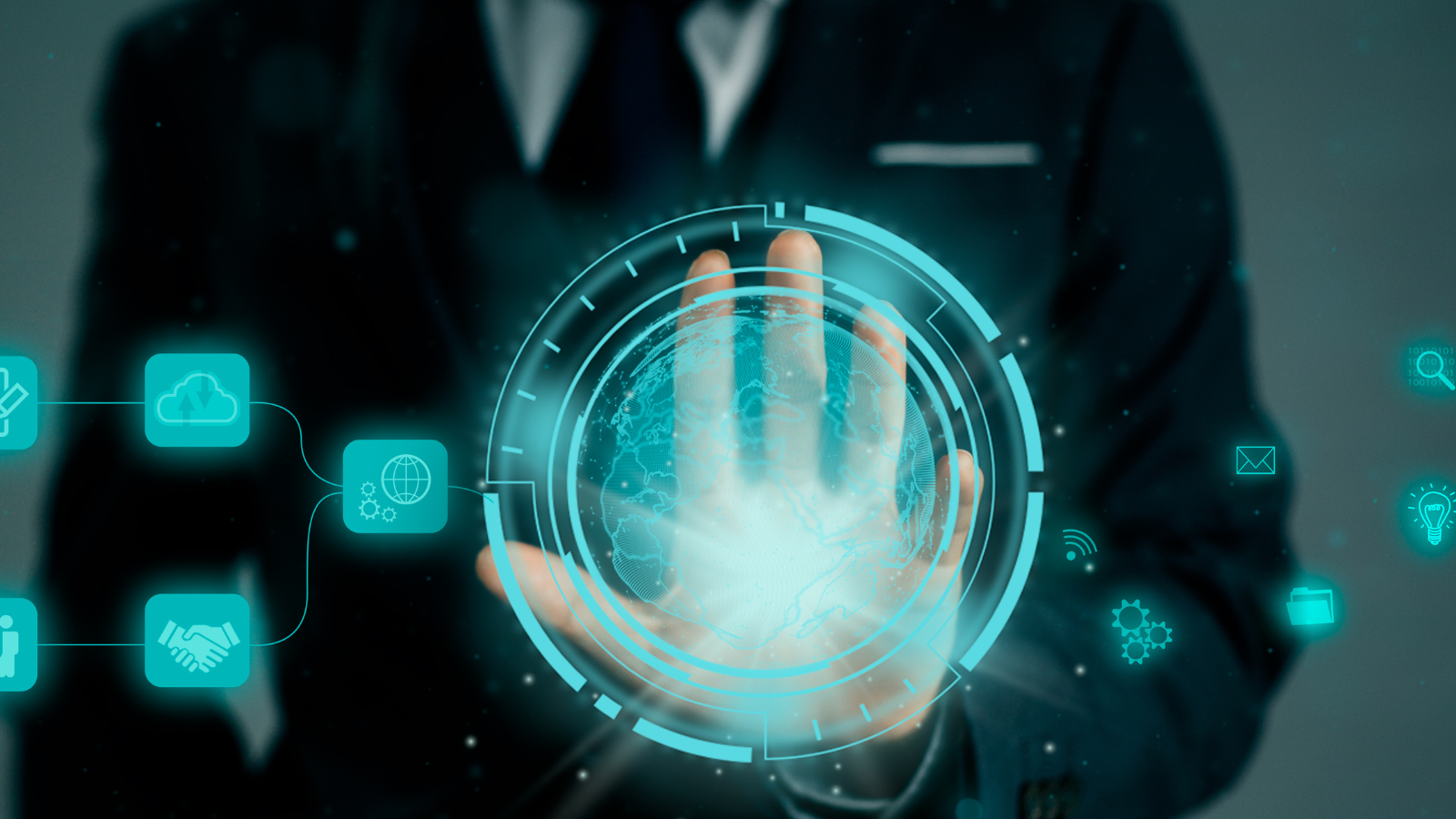Driving Digital Agility in
“How can you help manufacturers improve supply chain management with AI?”
“What is your approach to data governance for healthcare?”
“Give me examples of your enterprise AI case studies.”
This chatbot is powered by Marlabs. AI-generated responses may be inaccurate; please double-check information. We may collect your personal information. By using this chat you confirm that you agree to Marlabs' Privacy Policy.





.png)




















